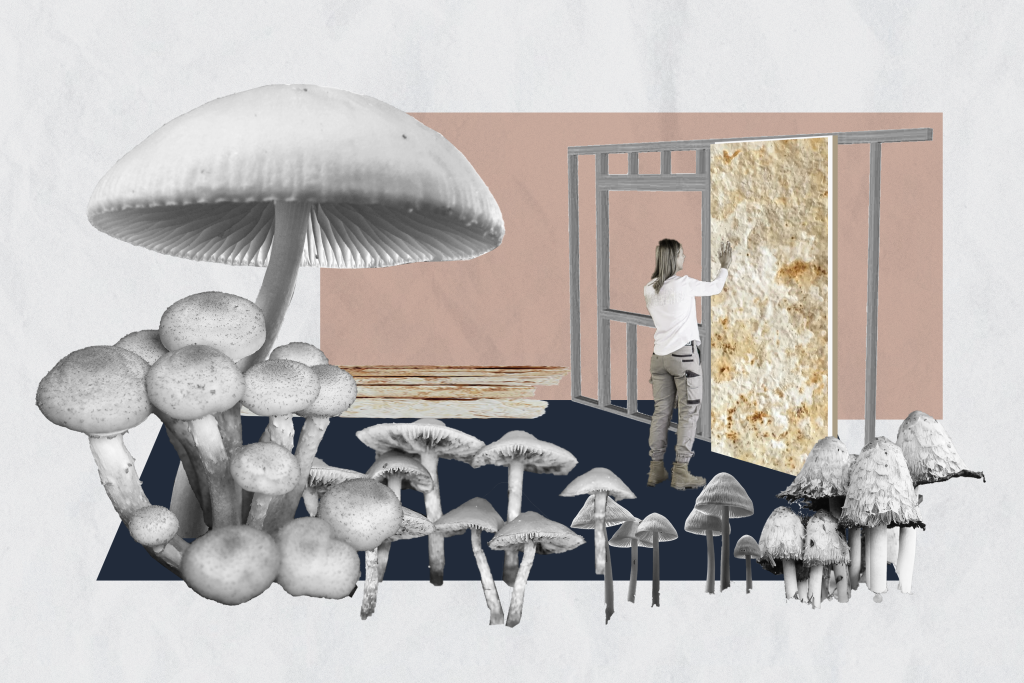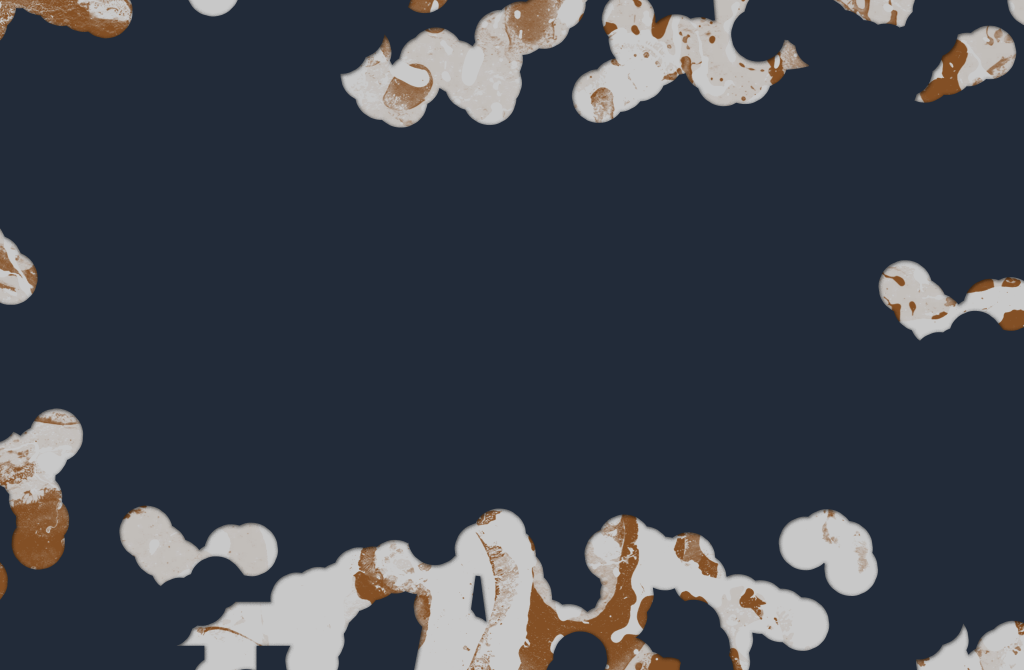TAB 2022 reveals participants and programme
Dedicated to the theme “Edible; Or, The Architecture of Metabolism”, the international architecture festival curated by Lydia Kallipoliti and Areti Markopoulou, in collaboration with local advisor Ivan Sergejev and assistant curator Sonia Sobrino Ralston, aims to empower architects, planners, and environmental designers to take a proactive stance on architecture’s expressive capacity to perform circular operations, to generate resources – food and energy – and to self-decompose.
Special price for tickets is valid until 1st of July. Please see all the tickets here. TAB 2022 offers free passes to Ukrainian architects who wish to participate in the event. For more info, please reach out info@tab.ee

Addressing both architects and the general public, the TAB 2022 Official Programme consists of five main events: a Curatorial Exhibition, a Symposium, a Vision Competition Exhibition, an Installation Programme and an International Architecture Schools’ Exhibition. TAB 2022 will be accompanied by a Satellite Programme including various exhibitions, concerts, family events and much more.
Curators Lydia Kallipoliti and Areti Markopoulou invite audiences to reflect on food and architecture:
With “Edible; Or, The Architecture of Metabolism”, we wish to question the extractive, consumptive and contaminating nature of the built environment and envision an architecture that produces resources, digests its waste and self-decomposes. Amidst the current crisis of public health, climate change and social inequality, it becomes evident that the fragility of our supply chains urges new forms of local sourcing and production. TAB 2022 addresses “where our food comes from” as a creative design problem and raises questions on the aesthetic, cultural and experiential qualities of spaces as productive environments throughout their full lifecycles.
Entitled “EDIBLE”, the main objective of the Curatorial Exhibition is to reimagine planetary food systems along with architecture’s capacity to perform metabolic processes. The selected projects explore the principles of kinship, interspecies alliances, circularity, and localisation. From new breeding practices, to farming food waste, to synthetic growth and degrowth, the curatorial theme aims to generate new visions and to raise critical questions surrounding the rituals, practices and architectures that can emerge from the networks of food production, consumption, distribution, and decay.
Participants in the Curatorial Exhibition will be gathered in five thematic groups:
● Metabolic Home converts the Estonian Museum of Architecture into a living machine and invites visitors to participate in a curated experiment. Each of the seven installations exhibit how metabolic processes related to food are linked to everyday domestic spaces and activities.
Projects by Andrés Jaque (Office for Political Innovation, Spain/USA), Hayley Eber and Mae-ling Lokko (The Cooper Union, South Africa/USA/Ghana), Alexandre Dubor and Cristian Rizzuti (IAAC-Advanced Architecture Group, Spain/France/Italy), Caroline O’Donnell (CODA, USA), Mitchell Joachim (Terreform ONE, USA), Allison Dring (Made of Air, Germany), Sille Pihlak and Siim Tuksam (PART, Estonia);
● From Brick to Soil questions the origin and lifecycle of our current building materials and showcases a collection of edible, upcycled, productive and compostable building prototypes and components.
Projects by Lola Ben Alon and Sharon Yavo Ayalon (USA/Israel), Iason and Evangelos Pantazis (Topotheque, Greece), Andreas Theodoridis and Christina Ciardullo (Greece/USA), Claudia Pasquero and Marco Poletto (ecoLogicStudio, UK/Italy), Annika Kaldoja and Kärt Ojavee (Studio Aine, Estonia), Siim Karro, Karl Pärtel, Erki Nagla (Myceen, Estonia), Chiara Farinea (IAAC-Advanced Architecture Group, Spain/Italy);
● Food and Geopolitics engages with planetary phenomena and large-scale territories via maps, drawings, films and visualisations of mass migration and food sourcing in challenging environmental conditions and conflict zones.
Projects by Philip Maughan (UK/Germany) and Andrea Provenzano (Italy/Norway), Damiano Cerrone, Jesús López Baeza, Kristi Grišakov, Panu Lehtovuori (SPIN Unit, Estonia/Finland), Mason White and Lola Sheppard (Lateral Office, Canada), Robert Charles Johnson (Fatconomy, UK), Rania Ghosn and El Hadi Jazairy (Design Earth, USA/Lebanon/Algeria), Anastasios Telios, Despoina Zavraka, Dimitrios Chatzinikolis, Georgios Grigoriadis (Greece);
● The Archaeology of Architecture and Food Systems displays an archive of radical, speculative projects that architects and artists have envisioned throughout the twentieth century. Curated by Lydia Kallipoliti with Sonia Ralston and Sanjana Lahiri.
● Finally, the Future Food Deal is an open library that exhibits manuals, cookbooks, as well as visionary drawings and manifestos, on how architecture may respond to the problem of alienation between people and their sources of food provisions in a time of increasing urbanization. Participants to be announced.
During the Opening Week at the Cultural Hub of Tallinn, TAB will hold a two-day “EDIBLE” Symposium, which aims to generate genuine interdisciplinary debates. Participating speakers come from fields ranging from architecture to design, from textile technologies to economy. The list of key speakers includes Beatriz Colomina, EFFEKT architects and Andrés Jaque (Office for Political Innovation).
The Vision Competition Exhibition will showcase a selection of 20 entries. Based on the main curatorial topic and entitled “Circular Block: Reinventing the Mikrorayon”, the competition examines the ability of architecture to convert waste into energy through recycling activities on both micro and macro scales, and focusing on Lasnamäe, the largest district in Tallinn. The winning project proposed a fundamental change to the living environment of Lasnamäe over a 40-year period which involves step–by–step demolition of the old buildings. The pace of the change will depend on the newly planted forest growth cycle.
Alongside the exhibition of the 10 shortlisted competition proposals, the Installation Programme will present the winning project “Fungible Non-Fungible” conceived and designed by IHEARTBLOB (Austria, UK), and integrating architectural design, fabrication and funding in which the community are both designers and investors. The architect becomes a system designer who weaves together innovative technologies to empower communities and enable local craftsmanship through the usage of blockchains. This project will be the first ever blockchain-funded architecture initiative. IHEARTBLOB, rather than designing architecture elements themselves, have built a NFT generative tool in which individuals can design and “mint” – the process of creating and authenticating digital ownership – their own objects. The application for designing a piece will go online from May 2022 and the platform will be open until July 2022, when construction is set to begin.
Finally, “Handful” is the title chosen for the International Architecture Schools’ Exhibition, which includes the latest works by the students of the most prestigious academic institutions worldwide. The exhibition opening will be held on September 9th, 2022 in the garden of the Contemporary Art Museum of Estonia (EKKM).
TAB 2022 main partner is Thermory, which is the world’s biggest manufacturer of chemical-free thermally modified wood with significant projects in 50+ countries worldwide.
TAB 2022 is supported by The Ministry of Culture of Estonia, The Cultural Endowment of Estonia, Enterprise Estonia, British Council, Onassis Culture, Visit Estonia, The Estonian Association of Architects, The Estonian Museum of Architecture, Tallinn Urban Planning Department, IAAC, Friendship Products, Laufen, Ruukki, Velux, Tallink Hotels, Estonian Academy of Arts.
